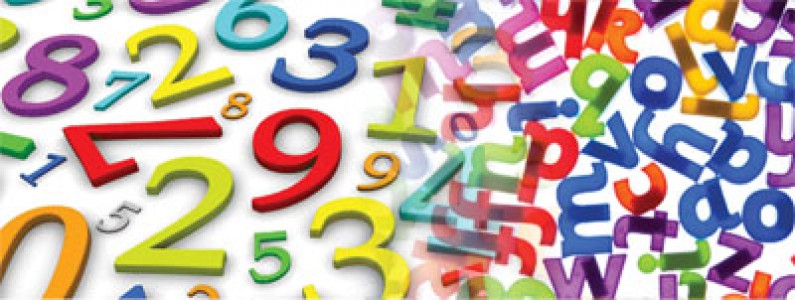Two Teacher Tips

Recently, I cornered one of our English specialists and one of our Maths specialist and asked them, "What is one thing someone taught you that made a difference?" I thought I would share their responses. I hope it makes a difference for you like it did for them!
English Specialist Tip: Start Your Stories with a Bang
My stories were boring and uninteresting until I started to rearrange the sequence so that there was action or suspense up front. A story has about two sentences to grab a reader’s attention and make them want to read more. That’s it! My stories would normally start something like this,
“One sunny day I woke up, brushed my teeth, got dressed...”
Yawn!
I was taught that a story doesn’t need to start at the beginning. In fact, it rarely should. Stories and movies need to demand attention with immediate excitement, intrigue or suspense. Do we see James Bond getting out of bed and brushing his teeth before he starts his car chase?
Consider these two versions for the start of the same story about a boy afraid of the bullies at school ...
Story 1: I woke up when mum called me to get ready for school. I made my breakfast slowly and then brushed my teeth before getting in the car to go to school.
Story 2: POW! It hit me right in the head with such a force I knew it wasn’t an accident! I wasn’t quite fast enough to catch who it was, but I knew I would work it out. They were bigger but I was smarter. It was time for me to interrogate these bullies.
For me, I am grateful that someone was bold enough to tell me that my stories were boring and needed action up front!
Maths Specialist Tip: Calculate Percentages in Your Head
Since leaving school, I have had the need to calculate percentages almost every day. More often than not, I need to calculate the percentage to make an immediate decision. There is no time for searching for pen and paper or calculators. I don't know what I would do if I couldn't quickly calculate basic percentages in my head. I have made some very important decisions and been able to take up opportunities that others missed because I could quickly calculate them in my head. Let me tell you my method.
There are some percentages that are very easy to calculate (e.g. 50%, 25%, 10%, 1%) but it is the ones in between that trip most people up. Once you realise that every whole percentage is a multiple of 10% or 1%, or both, you can calculate any percentage. You calculate 10% by shifting the decimal point one place to the left and 1% by shifting 2 places, like this:
10% of 60 = 6
1% of 60 = 0.6
So, if I want 23%, I just find 2 lots of 10% (6 + 6) and add to it 3 lots of 1% (0.6+0.6+0.6).
23% of 60 = 13.8
So, I am grateful for the tutor that took the time to not only teach me about percentages, but also give me this simple but useful trick.



